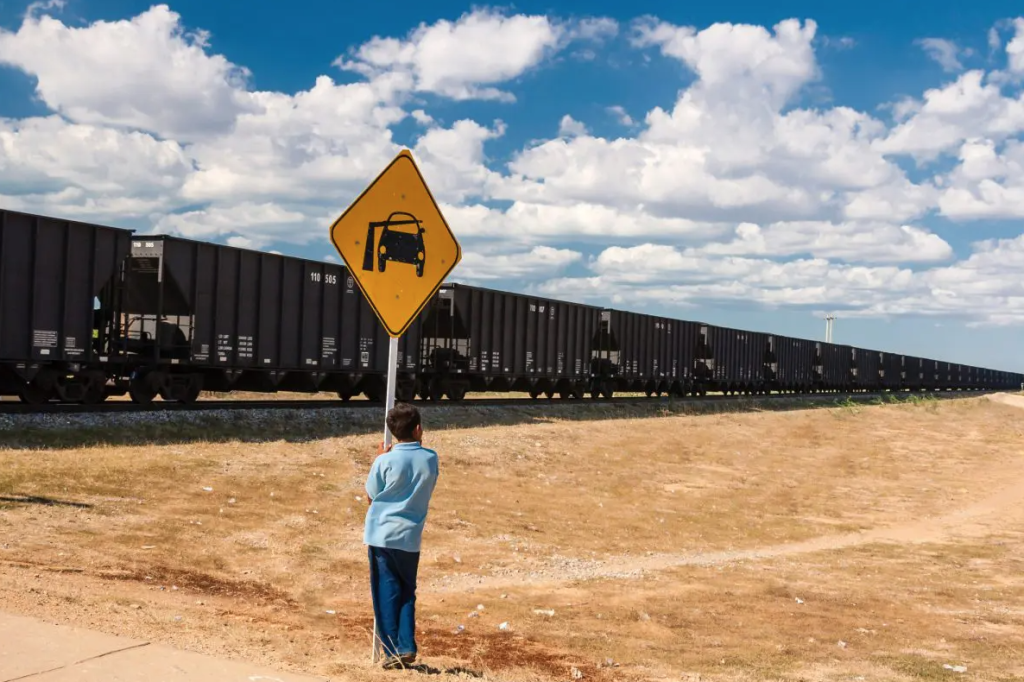Bogota was Europe’s 4% coal supplier before the embargo on Russia
(Sustainabilityenvironment.com) – Gustavo Petro is the first radical left president elected in Colombia, and he is also the first who has not been voted by the mining and hydrocarbons industry. In his program he wrote in black and white: stop coal and oil. Although hydrocarbons make up about half of the South American country’s exports.
Stop coal: “It’s an expense for Colombia”
But will Petro be able to keep these promises? Before beating populist rival Rodolfo Hernández by winning 50.5% of the popular vote, Petro had explained very clearly that for Colombia it is time to change perspective and look at things as they are. Even coal and oil.
“We are actually subsidizing coal: it is not a source of revenue for Colombia, but an expense,” he explained to the Economist a month ago. “We subsidize coal production because of contracts signed a long time ago with the Cerrejón mine“, a huge opencast coal mine. “The problem is the fiscal deficit that we have today, the highest in the history of Colombia. And it is partly due to the decline in the international price of oil and coal, which will continue in the future because the demand for oil and coal will continue to decrease”.
Read also Can Europe manage if Russian oil and coal are cut off?
Thus, in his electoral program, he promised to “undertake a gradual reduction of economic dependence on oil and coal”. In concrete terms, Petro’s idea is to no longer give new licenses for the exploration of hydrocarbon deposits, block the development of the offshore fossil industry, and stop pilot hydraulic fracturing projects. A point, the latter, which has as a proposer France Marquez Mina, elected vice-president alongside Petro and historical environmental activist against illegal gold mines (and then against fracking) in the country, for whose battles he received in 2018 the Goldman Prize, the Nobel Prize for the Environment.
Most of Colombia’s coal resources are located in the north of the country, in the departments of La Guajira and Cesar. In 2020, the UN Special Rapporteur on Human Rights and the Environment, David Boyd, called for an end to coal extracted from the 690 km2 of the Cerrejon mine for environmental and health damage, which mainly affects the Wayuu minority. Between 2020 and early 2022, Europe doubled its coal imports from Colombia, from 1.7 to 3.4 million tons. The South American country was the EU’s fourth supplier before the embargo on Russia and met about 10% of European demand. Figures that could continue to rise in the coming months if other EU countries – including Italy – were to follow Germany, Austria and the Netherlands and rekindle their coal-fired power plants to cope with the lower flow of gas from Russia.

